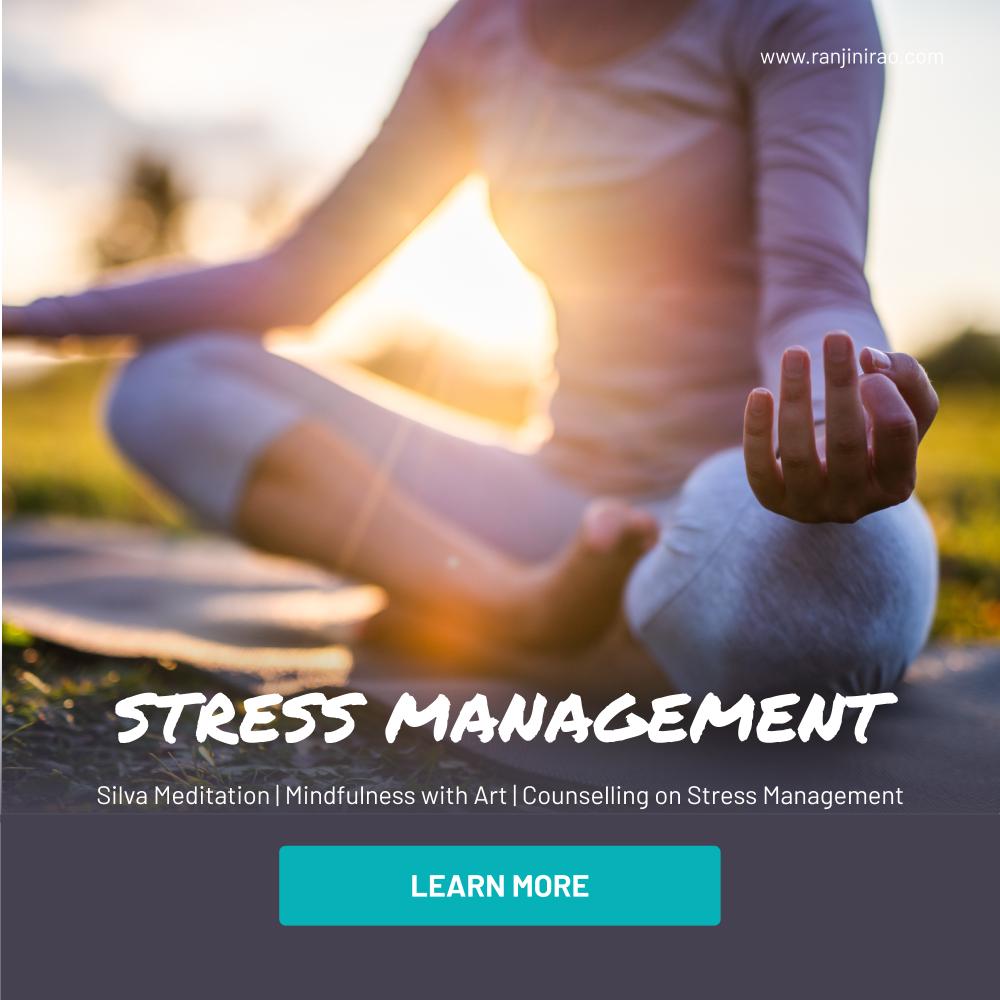5 Tips For Better Self-Care ❤️
It can be difficult to make time for self-care in our busy schedules. We run from one commitment to another, filling every gap in our life with work, study, family and social events. The chaos of modern life makes it even more important that we take the time to care for our individual wellbeing, both physically and mentally. If you are struggling with your own self-care, consider these five tips to improve your habits.

1. Add self-care to your normal routine
When planning your weekly schedule, make sure that you have time for self-care. Cementing its place in your routine means that you will be more likely to commit to self-care as you will have allocated time specifically reserved for it. The more often you practice self-care, the more it will become a habit and part of your regular life.
2. Do what suits you
Self-care looks for different for everyone. Some people enjoy getting outdoors, others like catching up with friends and some people prefer sitting at home losing themselves in a good book or movie. Identify what makes you feel better and commit to that. Don’t feel pressured by what others consider self-care; long walks aren’t for everyone.
3. Practice gratitude
Engaging in regular gratitude practice is a valuable habit and a worthwhile way to spend your allocated self-care time. Take some time each day or week to write down three things that you are grateful for. Try to think of unique things that have happened for that week, rather than repeating the same common things each time. It may be difficult at first, but the more you practice gratitude the easier it will become. Regular participation in gratitude exercises trains your brain to be more thankful and positive about the things you have in your life, rather than focusing on the things you don’t have or things that aren’t going so well.
4. Be brave and try something new
Trying something new is a great way to break the monotony of everyday life. Your mental health will benefit and you will learn new skills, both through the actual activity but also in regard to managing your nerves and being open to new opportunities. It is a great way to take care of your mental, and depending on the activity, physical health.
5. Detox from social media Social media can be a great way to keep in touch with people, but in can also lead to resentment through comparison. If you are feeling overwhelmed or finding yourself in a rut, take a break of social media to become more present and rejuvenate in the real world.


Recent Comments